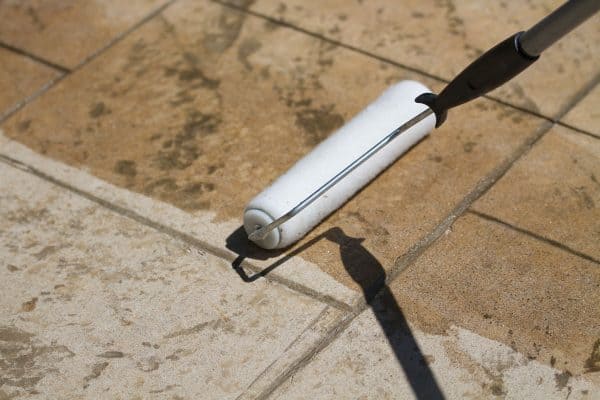Disclosure: We may get commissions for purchases made through links in this post.
Are you planning to install porcelain pavers over concrete but are not certain if this idea will work? We're here to give you insight! We've researched the answer, so keep your worries away!
Yes, it's fine to install porcelain pavers over concrete. See these steps:
- Sweep off the dirt and dry the area.
- Prepare the concrete mixture, which is mainly composed of cement, sand, gravel, and water.
- Apply the mixture underneath the pavers, and leave at least 0.25 inches of space between them. You may use spacers for an accurate distance.
- Pin the pavers using a non-steel material like a rubberized mallet.
- Seal the paver joints.
A plain concrete floor is so traditional. Start boosting its appeal by installing porcelain pavers instead. Besides, the concrete floor is dusty and obtains cracks as time passes by. Pavers can look like new with long-lasting durability. We'll share with you more about it. Just keep reading!
![Beautiful penthouse with panoramic veranda on the lake, Can You Put Porcelain Pavers Over Concrete? [And How To Install]](https://pavingplatform.com/wp-content/uploads/2022/03/Can-You-Put-Porcelain-Pavers-Over-Concrete-And-How-To-Install-800x1200.png)
How to Mix Concrete Base?
The concrete base will be the bonding agent beneath the pavers. Prepare the following tools for the concrete mixture:
- Gravel
- Sand
- Bucket
- Water
- Gloves
- Mixing tool
See this handheld concrete mixer on Amazon.
Gravel and sand are the main components of the concrete mixture. You will need a bucket to carry the cement mixture. The purpose of the water is to activate the gravel and sand. Use gloves to protect your hands. If you do not have a mixing tool, use a wooden spoon for blending.
Now, follow these steps:
- Wear gloves. Pour gravel and sand into the bucket.
- Add water, then mix thoroughly.
- Apply immediately. Do not let the mixture harden.
Concrete Base for Porcelain Pavers: Pros and Cons
To give you additional ideas, we've listed some pros and cons of installing porcelain pavers over concrete.
Pros:
- Compared to other paver bases, concrete is cheap.
- It's good for leveling the surface.
- High durability against impact.
- Recommended for indoor pavers.
Cons:
- Cannot filter moisture, which may cause cracking.
- Dust may accumulate faster.
- It requires frequent cleaning.
How Thick Should the Concrete Base Be?
Ideally, the concrete base for pavers should be between 2.5 and 3.75 inches. This thickness can ensure that pavers will stay in place. The concrete base will be hardened quickly if the area's temperature is humid. It's difficult to break the concrete to its adhesive form after it has dried. Increase laying and drying efficiency by installing pavers one at a time rather than filling the entire area.
How To Seal Porcelain Pavers
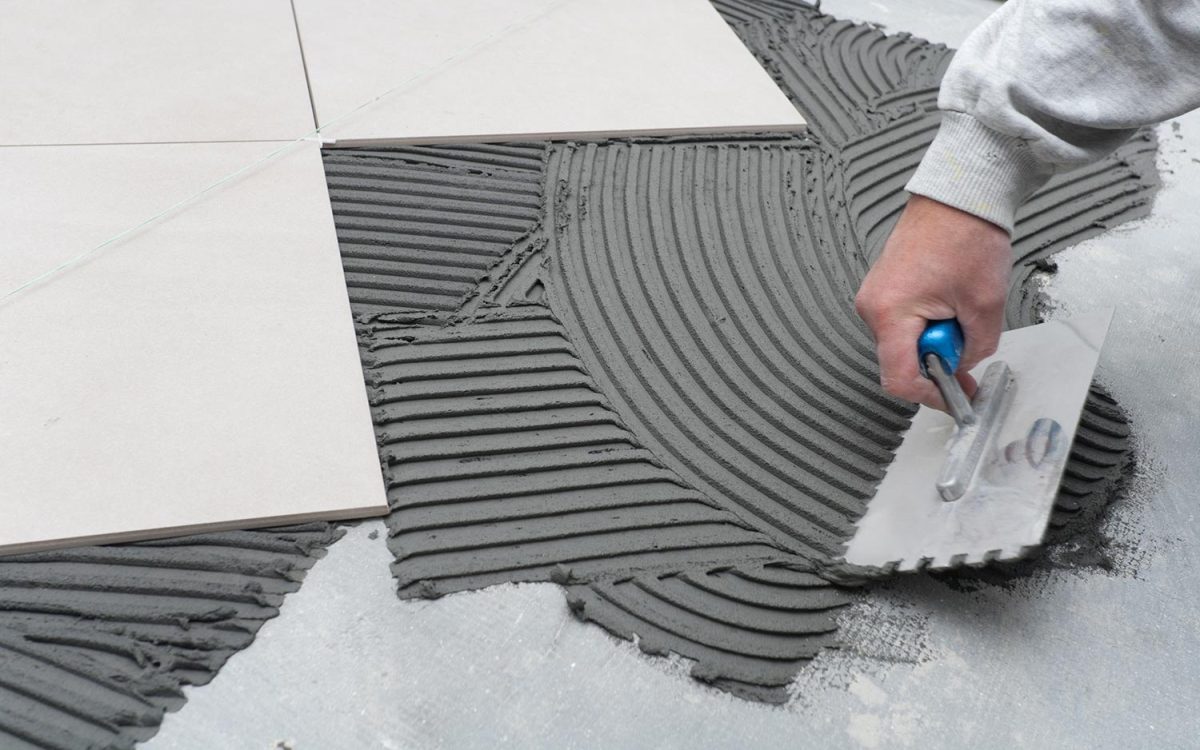
Some advantages of sealing the paver joints are reduced moisture, a firmer bond, and enhanced durability. Shown below are the basic tools you'll need for sealing:
- Gloves
- Grout
- Scraper
- Trowel
- Wet sponge
See this ready-mix grout on Amazon.
Protect your skin with gloves. Make a grout by mixing cement, sand, and water, then use a scraper and trowel to apply the mixture. We do not recommend using a wet mop to remove grout on the surface. Rather, use a wet sponge to save your mop from tampering.
Next, perform these steps:
- Wear gloves and dry the surface.
- Apply grout on paver joints.
- Wipe the joints with a wet sponge.
- Wait for the grout to dry.
- Using soap and water, clean the pavers to eliminate the odor.
- You may apply a clear sealant to reduce dust.
See this clear sealant on Amazon.
What to Consider in Choosing Porcelain Pavers?
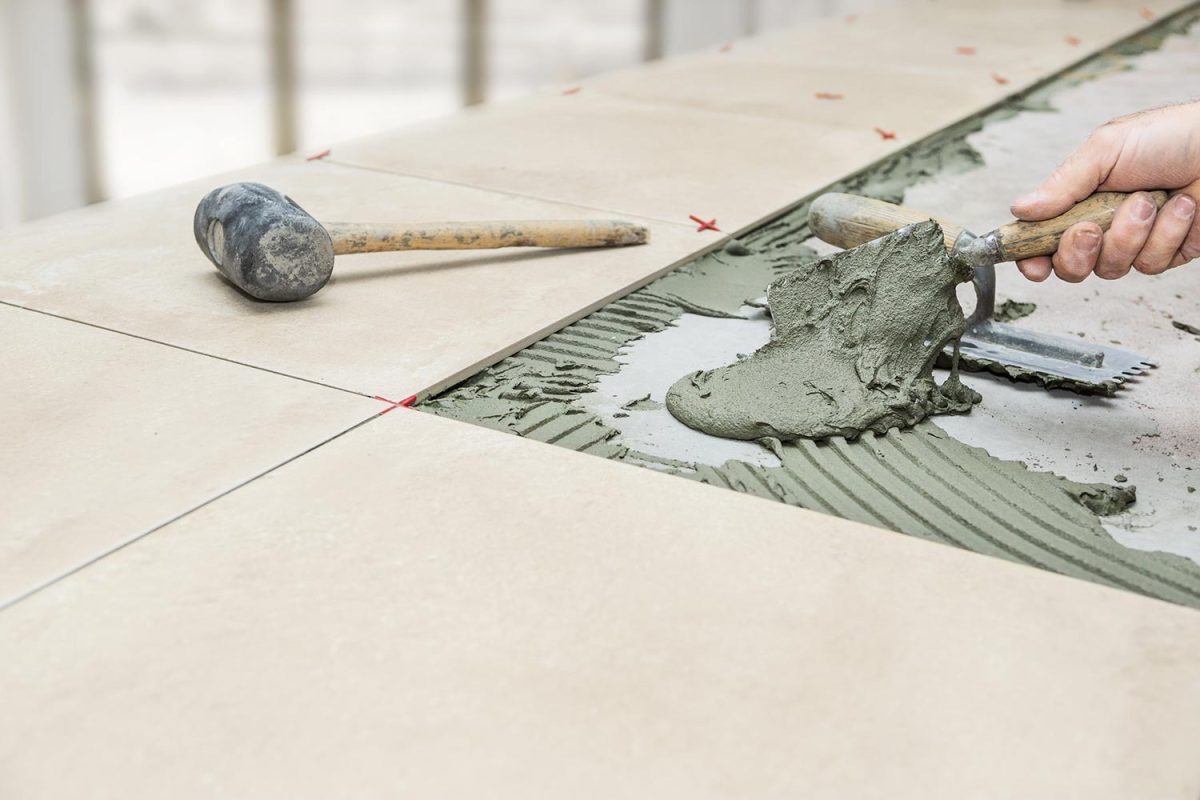
Porcelain pavers differ in manufacturing processes. Thus, they differ in structure. See below for the factors you need to consider before buying them.
Fragility
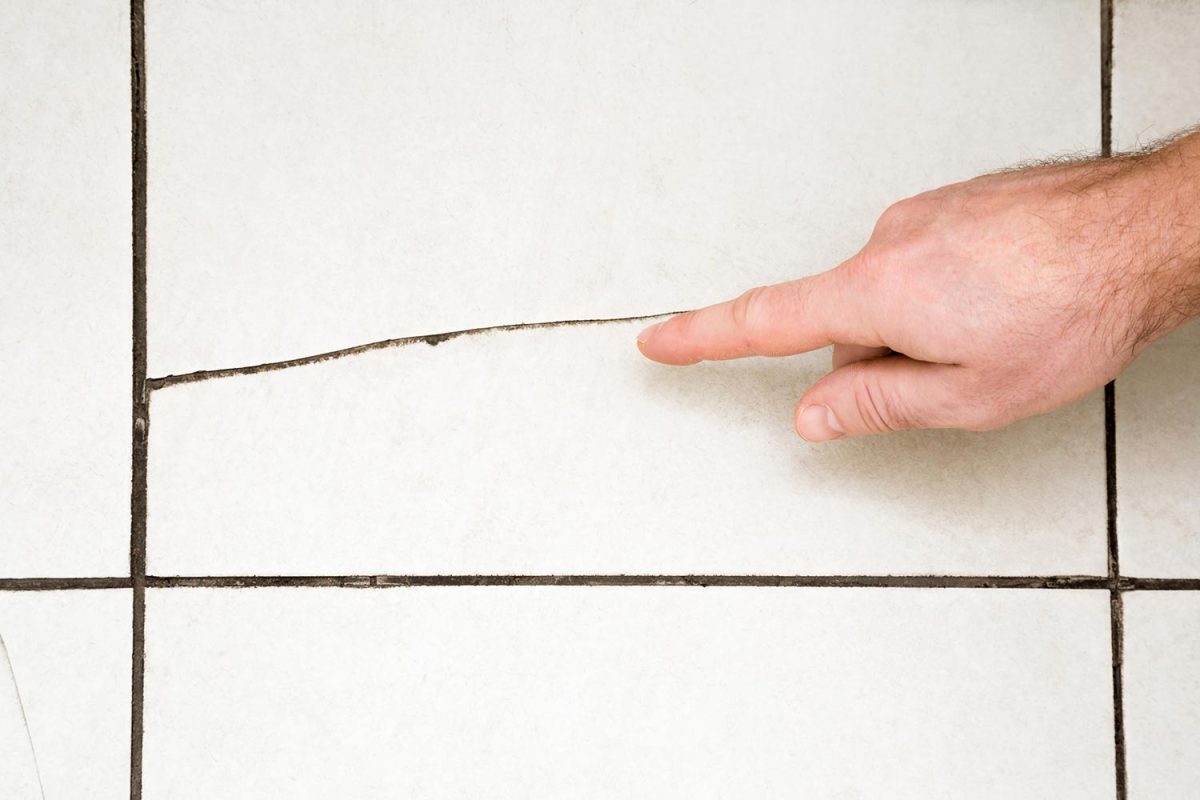
This must be the first thing on your list. Pavers should be durable and long-lasting. You may ask the manufacturer about the fragility level of porcelain. 70-80% fragility is common in porcelain utensils and vases. While the ideal fragility for porcelain pavers is approximately 15%-25%. It's not recommended to go below 15% fragility, as this may look like an artificial stone rather than porcelain.
Texture
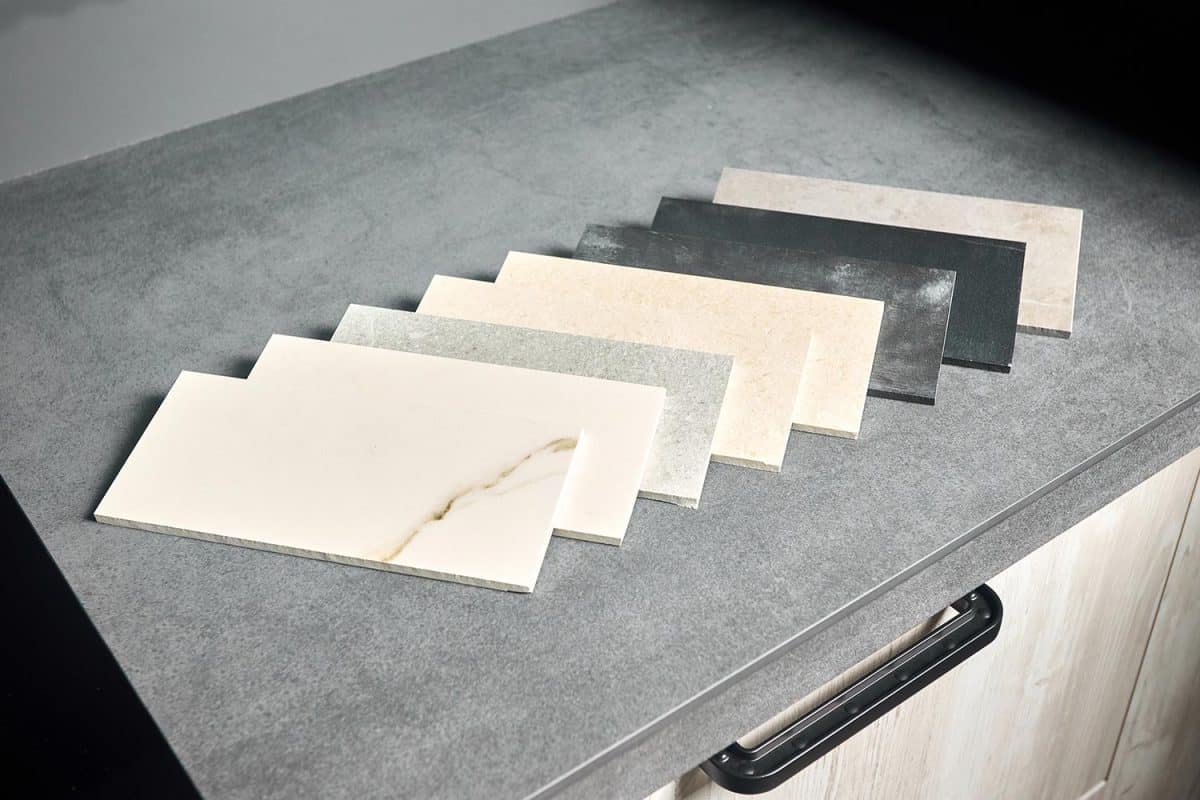
Porcelain pavers can be glossy or rough. Choose the texture based on your preference. Glossy porcelain pavers are good for indoors, while the rough texture is best outdoors.
Components
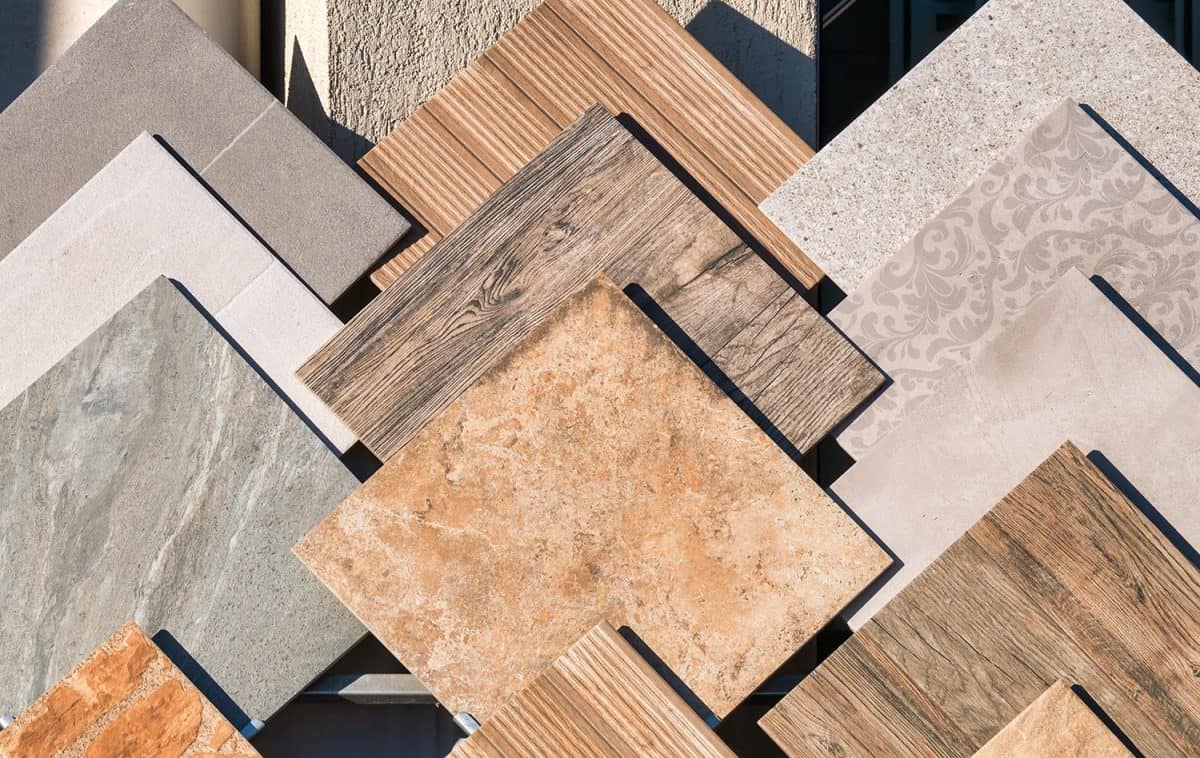
Porcelain pavers are made up of clay and silicon. You may check the product if other components are mixed with them. These materials may affect durability and texture for either better or worse quality. Beware of fake porcelain pavers that are too cheap, because they might contain materials that do not really belong in their making.
Can Porcelain Pavers Be Painted?
Yes, porcelain pavers can be painted with acrylic or latex paint. Painting can also improve the texture and protect the pavers from dust. However, painting is different from sealing. There are manufacturers that combine paint with sealant to serve dual purposes. Painting is a good idea to make pavers non-slippery.
See this latex paint on Amazon.
How Long Do Porcelain Pavers Last?
Porcelain pavers are durable enough to last from 30 to 50 years, provided you monitor their condition and resolve any damage. Homeowners often spend their money on a long-lasting investment. Porcelain pavers might be expensive depending on the manufacturer, but these can cut the cost of maintenance in the long run.
How to Determine if Existing Concrete Needs Pavers?
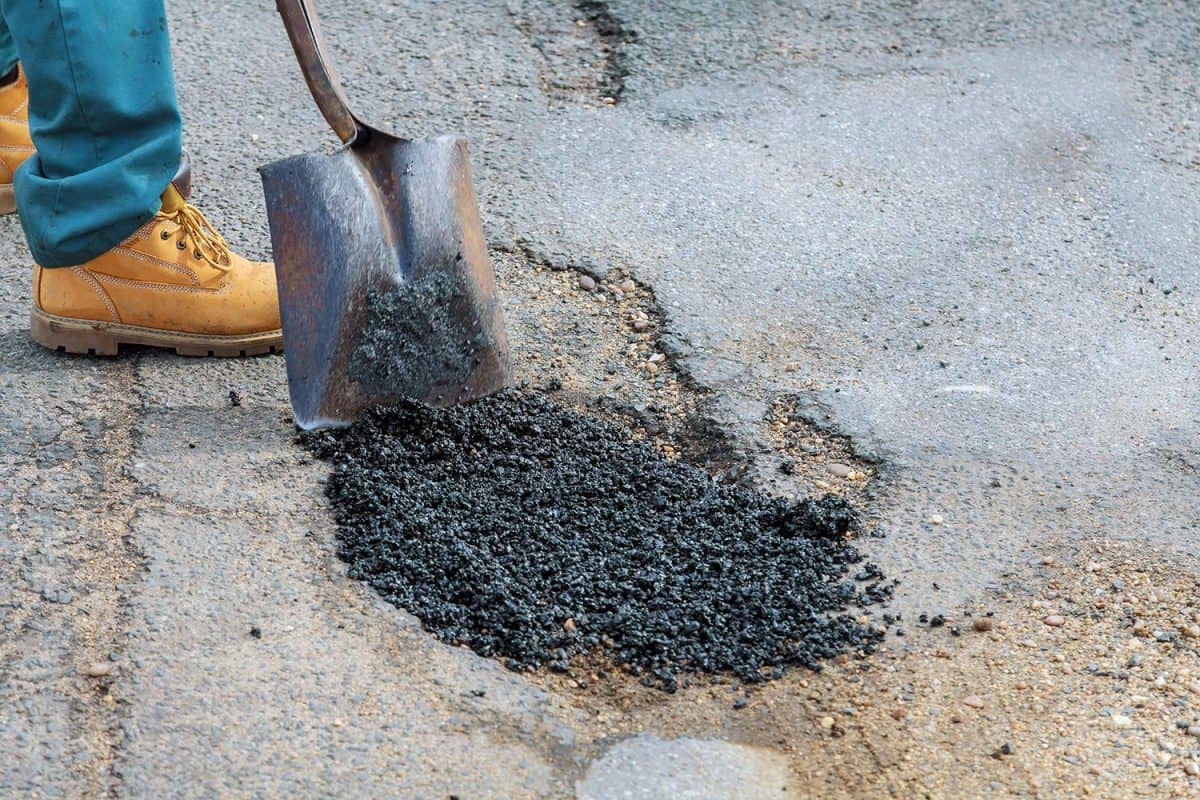
By simply looking at the concrete, it's easy to identify if it needs pavers. The natural aging of concrete can lead to cracks and discoloration. However, you may consider these factors to determine if the concrete needs pavers:
The Surface Becomes Powdery
Too much exposure to heat can degrade the concrete's quality. Weather changes from rainy to humid air can affect the concrete's molecular composition. If you see spots slowly ripping off, then there will be a cloud of dust from the surface. This is a sign that the concrete has reached its limit and you need to reapply the concrete mixture. Level and fix the surface first if you want to install pavers on top. Ask for professional assistance.
See this concrete patch on Amazon.
Light Rain Floods the Area
Pavers can filter water, making it less likely that light or heavy rain will cause a flood. If you notice that light rain flooding the concrete area with an unusual amount of rainwater, then we suggest you install pavers. Although durable, water can change concrete's thickness and appearance. With pavers, there'll be an ability to protect the ground from modification.
Unusual Odor
Concrete cannot absorb moisture, but unwanted odors from stains can linger. Concrete is actually harder to clean than porcelain pavers. You'll notice that normal rain can cause an unusual odor. Because pavers protect the ground, installing pavers over concrete can help to reduce odor.
How to Clean Porcelain Pavers?
Cleaning can boost the quality of pavers. It also protects the edges from tearing. However, you should clean the pavers at least once a month. Follow the cleaning steps below:
- Ensure that pavers are sealed before cleaning. Otherwise, it might flood the surface.
- Wear gloves and wet the pavers. You may also pressure-wash them.
- Apply the cleaning solution based on the product's instructions.
- Scrub the surface, then gently splash water. Use a dry mop and let it dry.
See this scented multi-purpose cleaner on Amazon.
Can Porcelain Pavers Be Used Indoors?
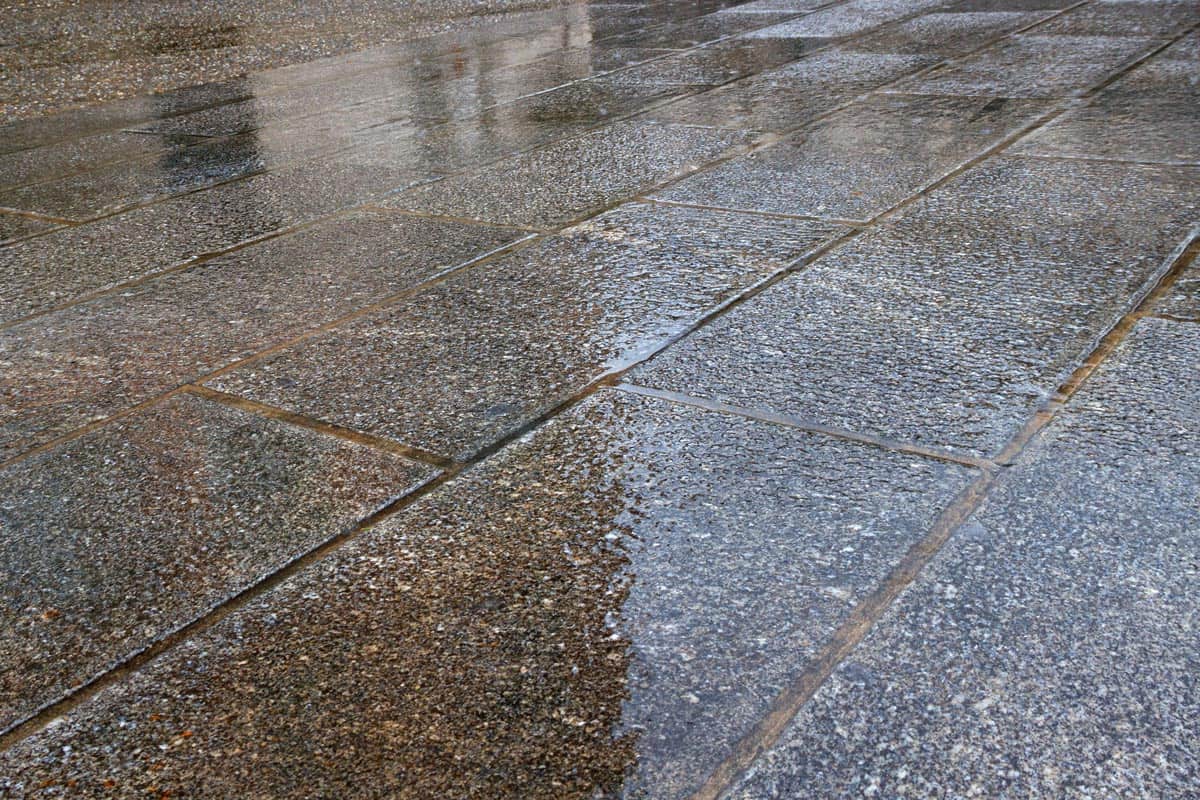
Yes, you can use porcelain pavers indoors. Just consult an expert to assess your house's condition before installing pavers. Below is the list these indoor areas:
Bathroom
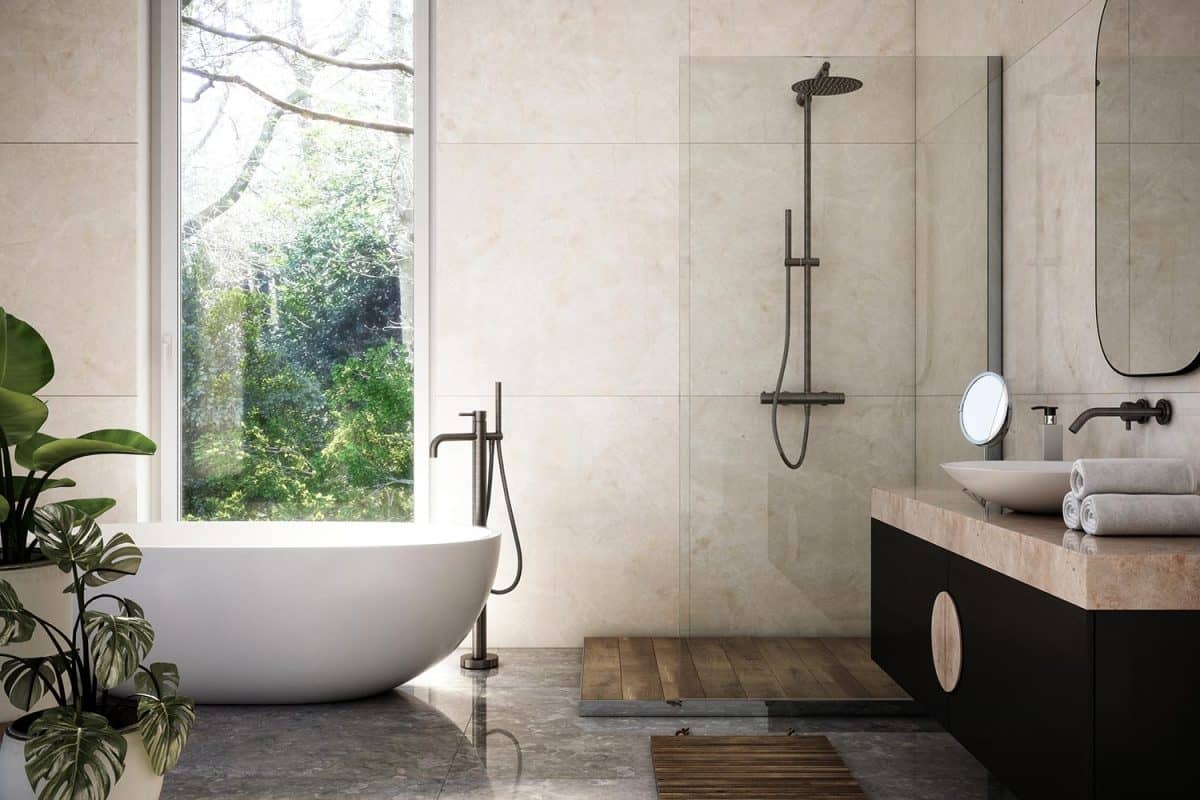
Porcelain pavers are good for bathrooms. They are perfect for filtering water for daily use, compared to plain concrete floors that can be modified by water. Bathroom floors can be protected with porcelain pavers.
Walls
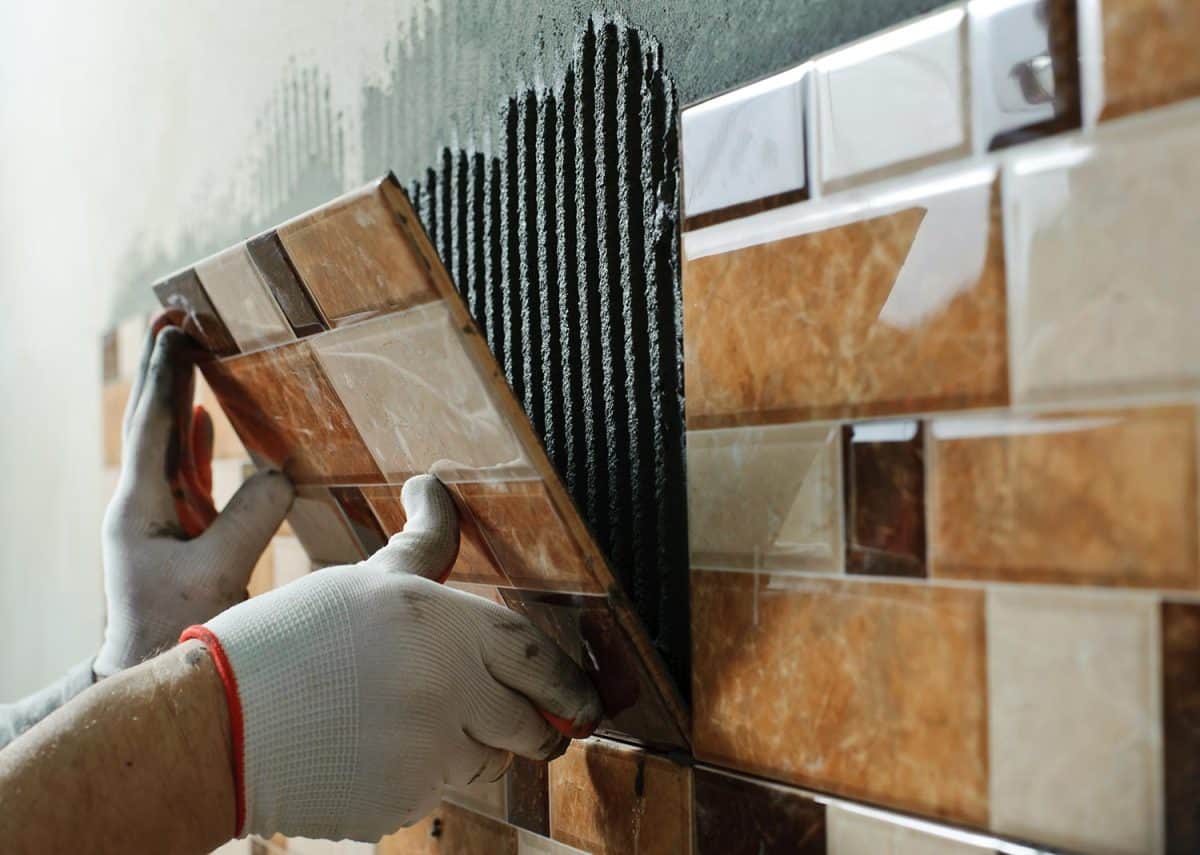
You should ask experts to help you if you want porcelain pavers on walls, because they are heavy enough to fall down the walls if the bonding agent is not strong enough. Porcelain pavers protect the heat and moisture from the other side of walls. Additionally, they are elegant and appealing.
Kitchen
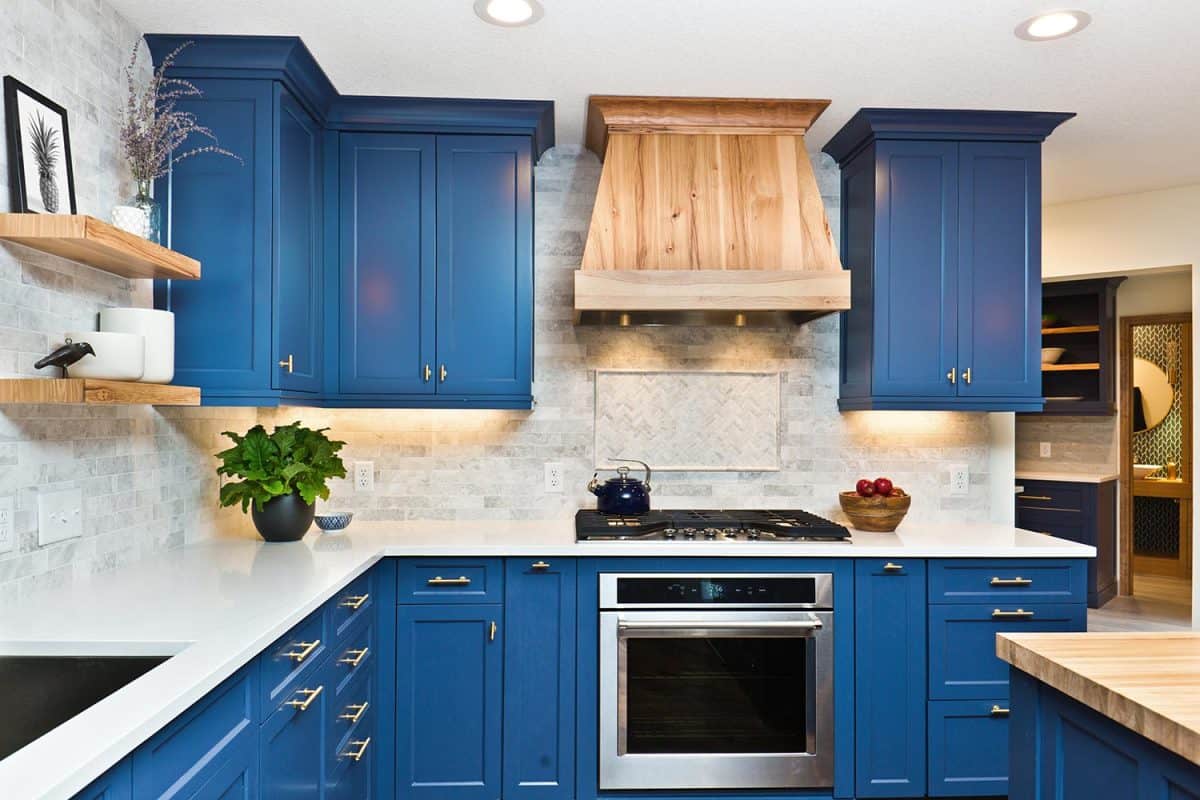
Kitchens are often wet and oily areas. Porcelain pavers can keep the kitchen floor free from stains. Without pavers, the kitchen floor could stink fast and stains will settle for longer.
Basement
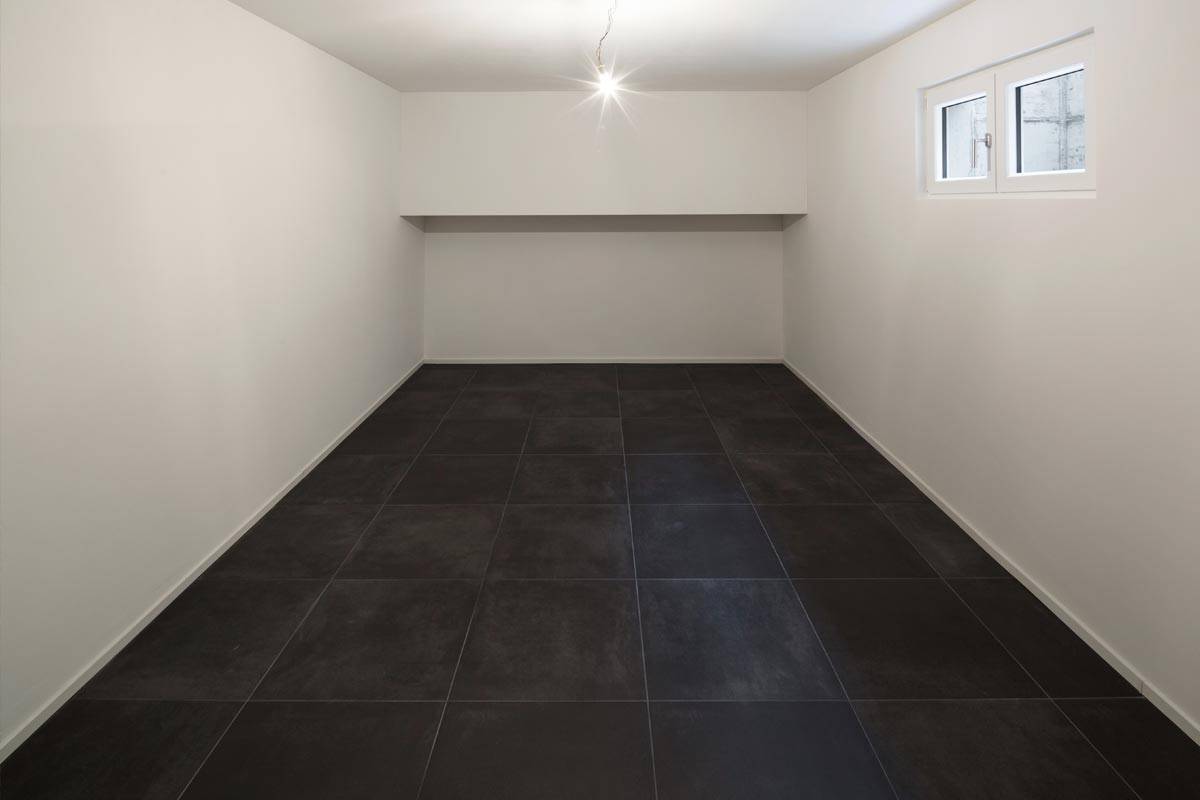
Basement areas are highly prone to moisture due to soil behind the walls. Porcelain pavers can restrict moisture from wetting the entire area. Also, they protect the house's foundation.
Stairs
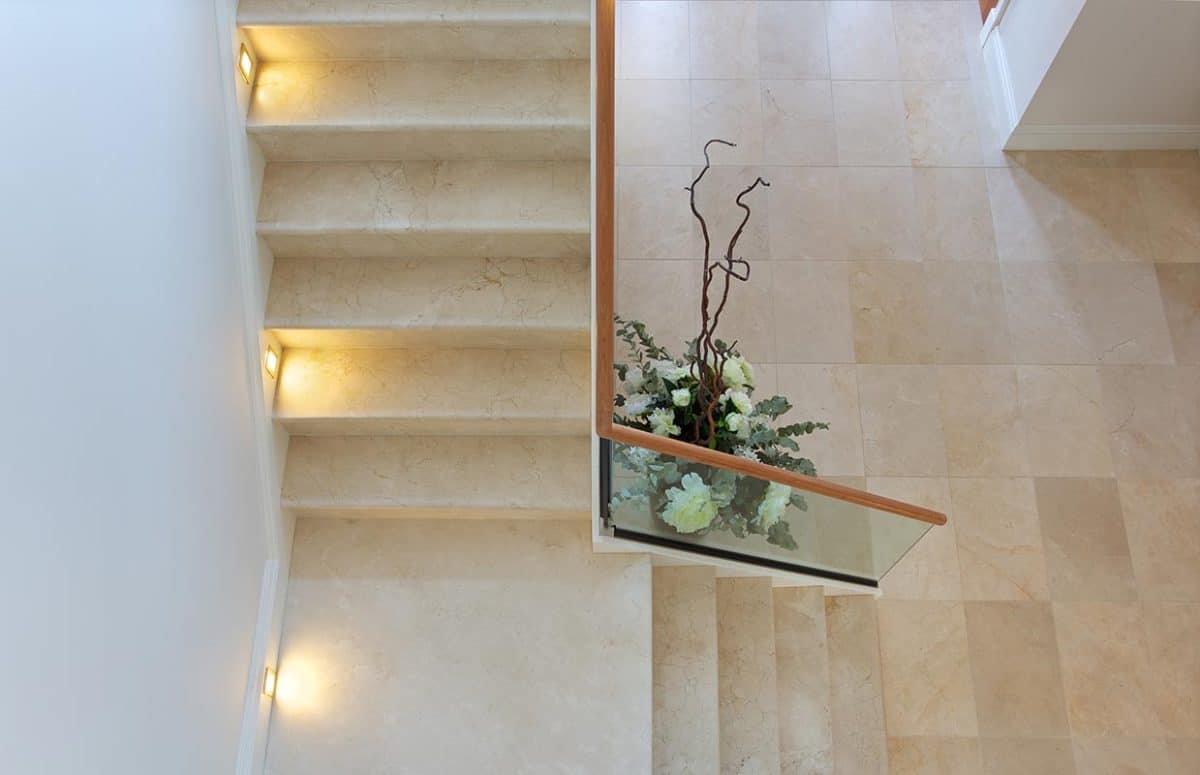
Porcelain pavers are also compatible with stairs. Consider installing them to avoid dust and slippery texture. Just be aware if your children play on stairs, as porcelain pavers might be too hard when children fall on them.
Conclusion
Install porcelain pavers over concrete to improve the floor's quality. You simply need to assess the situation to gain insight into the appropriate steps to take.
If you found this article informative, you may also like these:
Do Concrete Pavers Absorb Water?
How to Choose Stamped Concrete Color [With 5 Color Options!]







![Vibrant Red Paver Stone Path, Can You Spray Paver Sealer? [How To Apply It]](https://pavingplatform.com/wp-content/uploads/2022/04/Vibrant-Red-Paver-Stone-Path-600x400.jpg)
![Properly laid out red pavers for a garden, Can You Tint Paver Sealer? [And How To]](https://pavingplatform.com/wp-content/uploads/2022/04/Properly-laid-out-red-pavers-for-a-garden-600x400.jpg)
